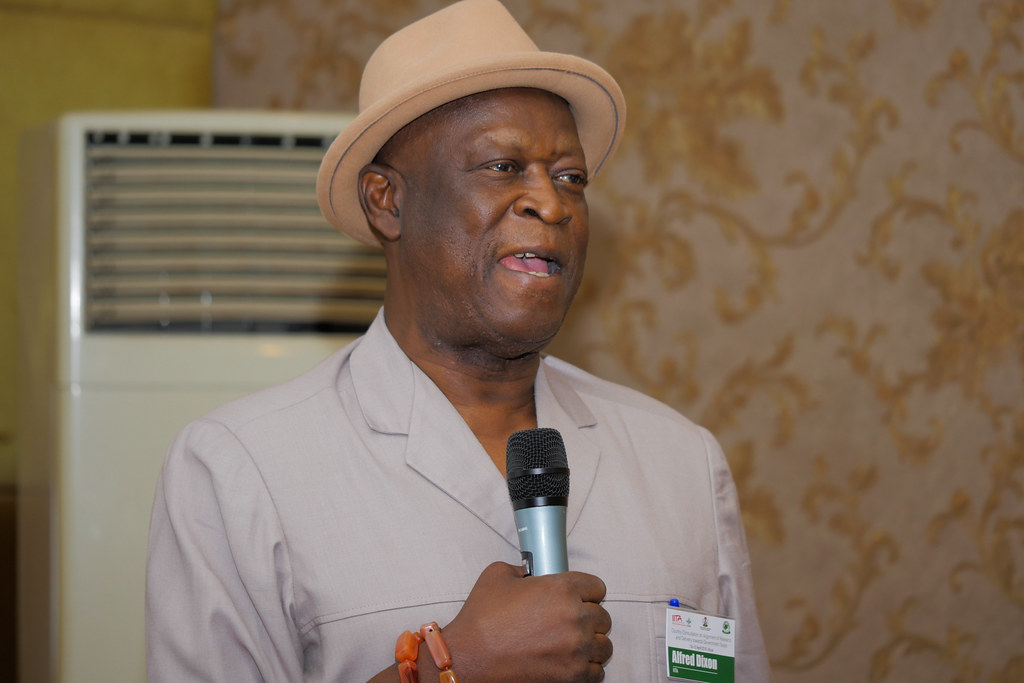Professor Lateef Sanni, International Institute of Tropical Agriculture (IITA) and project manager, BASICS, disclosed that Sierra Leonean farmers had over the years been cultivating diseases-prone cassava that results to lower yields and income.
Prof. Sanni underscored that the country is not new to rice and cassava cultivation, singling out cassava, which normally comes through ‘gari’ and cassava leaf sauce.
‘We now have higher yields and disease free cassava varieties. We have already introduced it in some countries and we are going to benchmark it in Sierra Leone,’ said Prof. Sanni.
Lateef Sanni made the statement during a three day summit on the theme: “Building a roadmap for seed sector transformation”, was geared towards propelling the country to economically sustainable rice, cassava, maize and soybean seed system.
According to the Professor, the seed system aspires to arouse the realisation of the country’s agricultural police’s goals through seed sector development, nurturing awareness on the role of quality seeds in agricultural transformation and share best practices in building sustainable cassava, maize, soybean and rice seed systems and value proposals to achieve the government’s goals.
Dr. Alfred Dixon, Director and Country Representative for Sierra Leone, International Institute of Tropical Agriculture (IITA), has encouraged the government of Sierra Leone to push towards food self-sovereignty.
According Dr. Dixon, food sovereignty is the right of peoples to healthy and culturally appropriate food produced through socially just, ecologically sound and sustainable methods, and collective right to define their own policies, strategies and systems for food production, distribution and consumption.
He also called on the country to produce food in ways that create wealth while stressing the need to enhance high quality seeds to enhance good productivity and secure a maximum yield of varieties.
It goes without saying that Sierra Leone is spending over two hundred million dollars on rice importation, which has prompted the coordinator, Country Engagement for West Africa, International Institute of Tropical Agriculture (IITA), Dr. Ernest Asiedu, to view such a decision by government as undermining national security and leading to social unrest.
He encouraged the country to embark on quality agriculture by increasing yields in the cultivation and production of rice via quality seeds.













